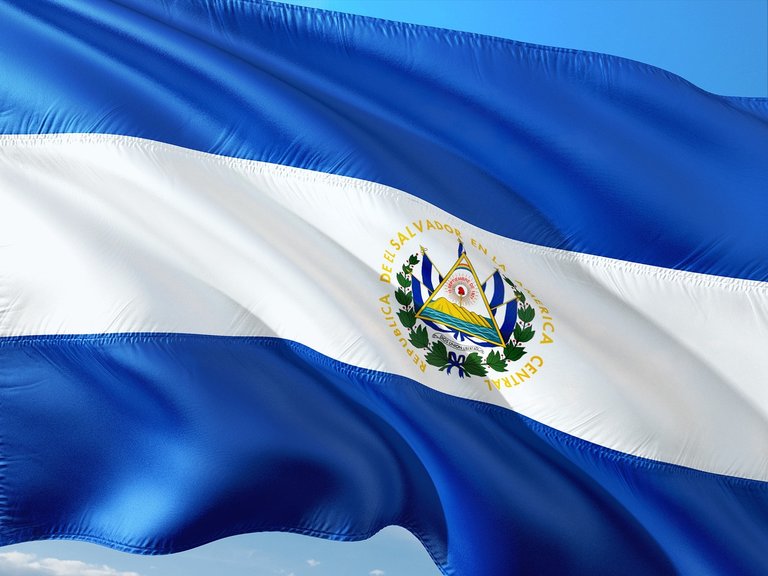El Salvador, a country which became famous last year because of their love for BTC, unfortunately had to break a little bit under the pressure. Oh no, the country isn't giving up on its stance on bitcoin, but at this point it seems it's stepping a little bit back on its bold stance. Bitcoin is no longer an official currency in the country. I first heard about it by reading a thread on inleo, and after I did my own research about it.
Apparently, the government had to make this change to secure a 1.4 billion dollar loan from the IMF. So as it stands now, businesses are no longer required to accept it, and it also cannot be used to pay taxes.

What would it mean for the future of bitcoin in El Salvador:
Initially, somewhere in 2021 according to the research I made, Bukele, the current president, was so determined to integrate bitcoin into their economy, to the point where his government bought thousands of bitcoin, encouraged mass adoption, and even planned a Bitcoin City (a city for mining btc). But unfortunately, most Salvadorans never fully embraced that idea from their president. Well, I think maybe they didn't understand the technology as much as their leader did. But frankly, when you think about it, it's not so surprising seeing the volatile nature of btc which makes it harder to rely on for everyday purchases of goods and services compared to fiat currency.
But, then again, this doesn't mean the country is abandoning btc completely; no, they are still buying and stacking up btc and also promoting its use, but just in a different kind of way.
They are focusing on educating:
Like I said, many of the citizens probably didn't understand the technology, and as such, there is a need to educate the public about it. They are adding bitcoin learning programs in schools, and that simply means the president and the leadership of the country are thinking long-term. Yeah, today's students could grow up with a better understanding of not just bitcoin but crypto in general and would feel more comfortable using it. That to me is a great forward-thinking approach to position its people for a great future based on where the world is heading toward.
Also, I read that Michael Saylor (yeah, the face of bitcoin, arguably) had a recent meeting with Bukele, which also gives the impression that bitcoin still has a role in the country despite it being changed from an official currency. Saylor's visit there could mean so much: new financial products tied to btc, new partnerships, or even projects. All this shows that the government isn't necessarily forcing adoption but still betting on the long-term potential of bitcoin.
So, in short, I see that the country is adjusting, adapting, and well, focusing on voluntary adoption rather than forcing it. Now whether this will work or not, I believe, will largely depend on the citizens' response. If more people in the country start using btc by choice, El Salvador's experiment could prove its worth, but if not, then this is probably a chapter in the country's history as an ambitious gamble that didn't fully pay off.
Posted Using INLEO
Congratulations @bubblebob! You have completed the following achievement on the Hive blockchain And have been rewarded with New badge(s)
Your next target is to reach 200 comments.
Your next target is to reach 50 upvotes.
Your next target is to reach 100 upvotes.
Your next target is to reach 50 replies.
You can view your badges on your board and compare yourself to others in the Ranking
If you no longer want to receive notifications, reply to this comment with the word
STOPCheck out our last posts:
Thank you
You're making a big difference @bubblebob! Your first upvotes on Hive are helping to grow the community. Keep it up!